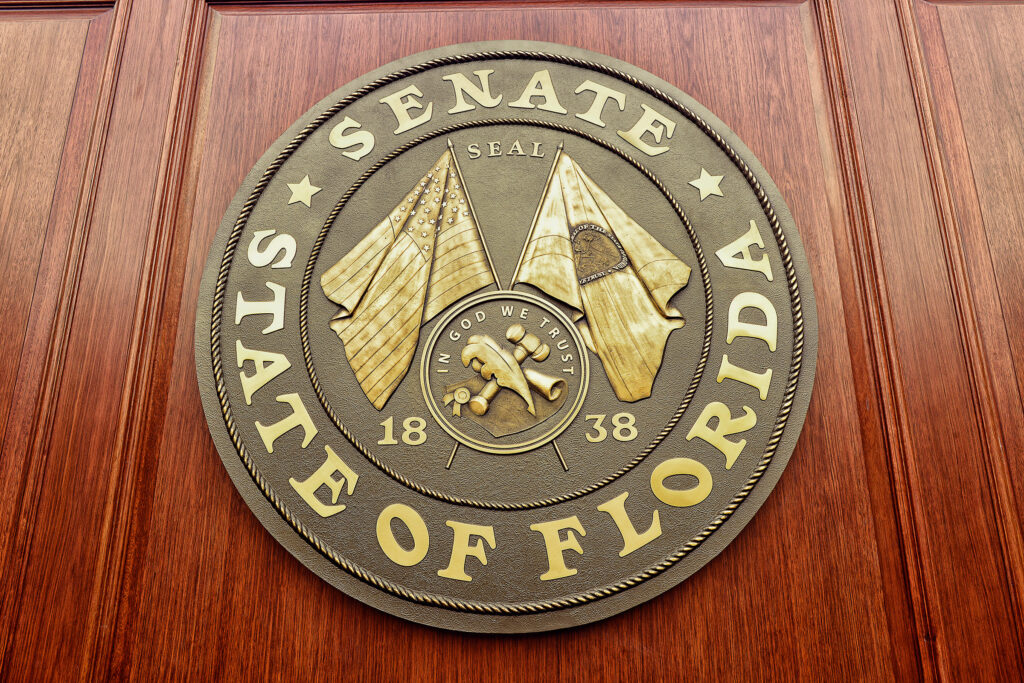
Florida HB 133: Goodbye to Security Deposits, Hello to Uncapped Fees?
A new bill has been signed into law, causing quite a stir. Florida House Bill 133 (HB 133), also known as the “Fees in Lieu of Security Deposits” bill, is a piece of legislation that’s got everyone from tenants to landlords to housing advocates talking. But what exactly is this bill, and why is it causing such a commotion?
What is Florida HB 133?
Florida HB 133 is a bill that authorizes landlords to offer tenants the option to pay a fee instead of a traditional security deposit. This fee is non-refundable and is typically a fraction of the cost of a regular security deposit. The bill was sponsored by the Judiciary Committee and Representative Mooney, with several co-sponsors, including Anderson, Basabe, Daniels, Leek, Lopez, V., McClain, Salzman, and Snyder.
The bill was signed into law by Governor Ron DeSantis and is set to take effect on July 1, 2023.
What is it Supposed to Do?
The primary aim of HB 133 is to provide an alternative to the traditional security deposit system. Proponents argue that this will make it easier for tenants to secure housing, as they won’t have to come up with a large sum of money upfront. On the other hand, landlords will still have some form of financial protection in case of damages or unpaid rent.
Concerns About the Bill
Despite the potential benefits, there are significant concerns about the bill. Critics argue that the non-refundable nature of the fee could lead to tenants paying more over the long term. There’s also worry that landlords might take advantage of this system, charging excessive fees or using it to sidestep security deposit regulations.
Who is Supporting and Opposing?
The bill has garnered opposition from various groups, including Florida Rising, the Florida Policy Institute, the American Civil Liberties Union of Florida, the AFL-CIO, and the Service Employees International Union of Florida, who argue that it allows landlords to charge endless non-refundable fees, or “junk fees” instead of a security deposit. They further argue that the bill could create consumer confusion and impose further financial burdens and risks on renters.
On the other hand, the bill was supported by industry groups, including the Florida Apartment Association, which has previously lobbied against local tenant protections. The bill was mainly passed along party lines, with a few Democrats joining Republicans in support of it.
General Consensus
The general consensus on HB 133 is mixed. While it’s been hailed as a potential solution to the high upfront costs associated with renting, there’s also significant concern about its potential for misuse.
FAQs
Q: What is Florida HB 133?
A: Florida HB 133 is a bill that allows landlords to offer tenants the option to pay a fee instead of a traditional security deposit.
Q: When does the bill take effect?
A: The bill takes effect on July 1, 2023.
Q: Who supports the bill?
A: The bill has seen support from various industry groups, including the Florida Apartment Association.
Q: Who opposes the bill?
A: The bill has faced opposition from tenant advocacy groups and some lawmakers.
Q: What are the concerns about the bill?
A: Critics argue that the non-refundable nature of the fee could lead to tenants paying more over the long term. There’s also worry that landlords might take advantage of this system.
Florida HB 133 is a controversial piece of legislation that has the potential to significantly change the rental landscape in Florida. While it offers a potential solution to the high upfront costs associated with renting, there are valid concerns about its potential for misuse. As with any new law, only time will tell its true impact.


Leave a Reply